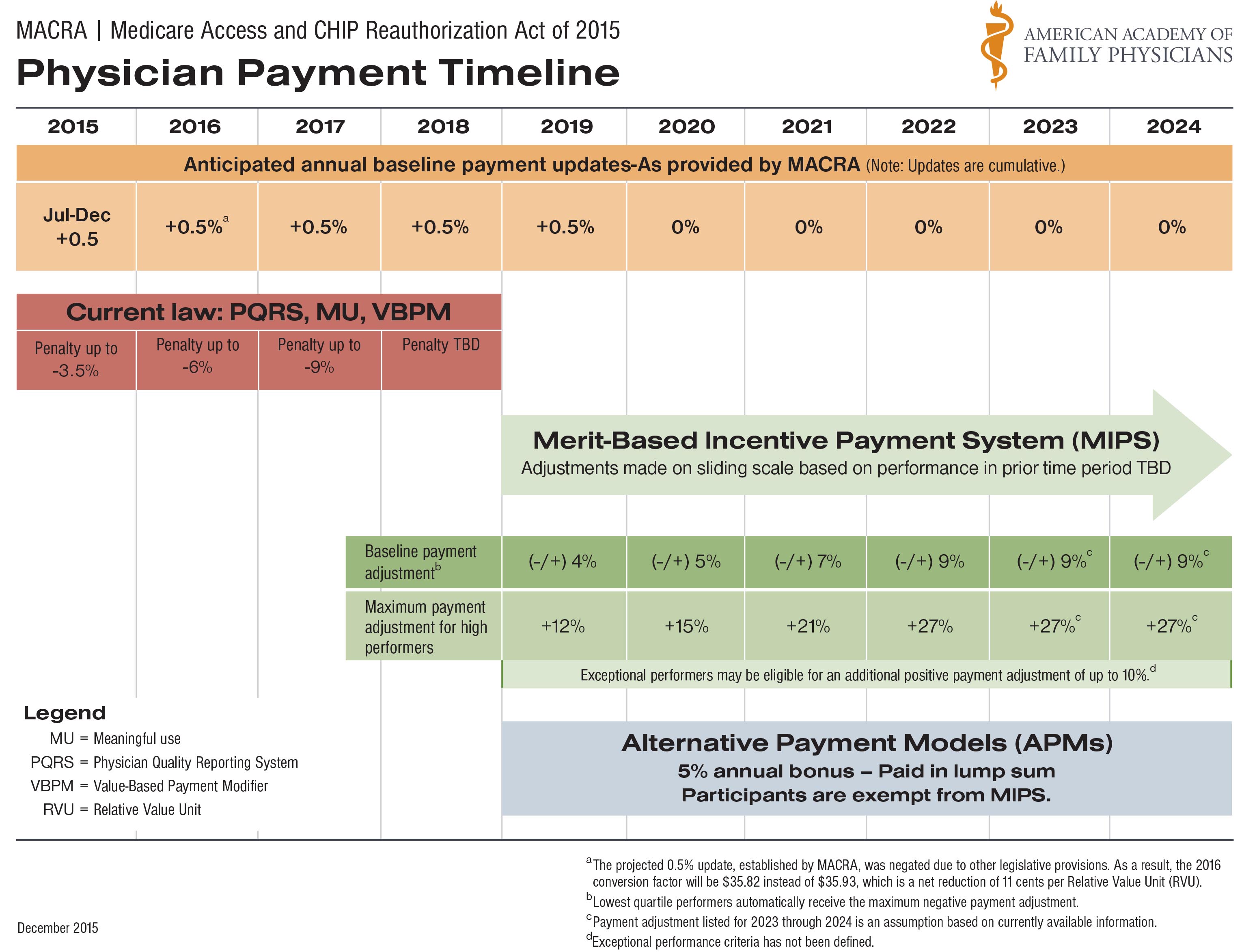With the release of ASTRO’s new survivorship care plan template in late November, we’ve seen a renewed focus on the care plan, and the logistical problems of delivering one. What should a care plan look like and how do you choose a template?
The evidence for the need for care plans is strong. As ASTRO states in their press release, the American Cancer Society (ACS) predicts a 37% increase in the number of cancer patients surviving five years or longer over the next decade, and as the numbers of survivors grows, so does the need for structured follow up care. Accrediting bodies like the ACS Commissions on Cancer (CoC) have included survivorship in their new requirements but providers report that delivering a survivorship care plan is the most difficult of the CoC’s new standards to meet (Association of Community Cancer Centers, 2015 membership survey).
The need for clarity on care plan content and format has resulted in a variety of care plan templates. The ASTRO care plan, designed for Radiation Oncologists, joins templates from organizations including ASCO, LiveStrong, Journey Forward and others. Each template varies slightly, but most include the following common elements:
- Contact information for the patient’s care team
- Patient diagnosis
- Treatment summary including radiation therapy, chemotherapy, surgery, and enrollment in clinical trials.
- Information on the side and late effects of treatment
- Psychosocial distress screening
- Follow-up plan
Most of these templates, including ASTRO’s latest addition, pack all that information into a short 2 -3 page format. We know that many providers value the concise nature of these templates and others want to include much more.
So how much information should we include in a care plan? How many years do we look ahead for follow-up? How many years of treatment history are necessary? Do we include educational articles and community resources within the care plan?
With a variety of templates from industry leaders, the answers to these questions aren’t clear. Will a long care plan overwhelm some patients? Or does a shorter plan run the risk of missing valuable information? Depending on the patient, both may be true.
The right level of detail depends on the age, education level, diagnosis and treatment of the specific patient. A one-size-fits-all care plan probably doesn’t exist but if we focus on where we can add the most value for patients, we’ll probably find the right balance.
As a vendor of survivorship software, we’re hardly neutral on this subject, but we are certainly passionate about doing the right thing for patients. Equicare’s care plans can be as sparse as this 2-pager with just a treatment summary and follow up plan. Or as detailed as this comprehensive one, which also includes detailed educational articles and info about questionnaires to complete. Our goal is to deliver a care plan that not only ticks the requirements box of your accrediting body (which we certainly do!) but to make it easy for you to deliver a care plan that adds value to your patients, their families and your physicians.
Which template do you use? And why do you love or hate it? We’d love to talk templates, so get in touch and let us know.

 o daily operations , and we got to know her a little better here:
o daily operations , and we got to know her a little better here: